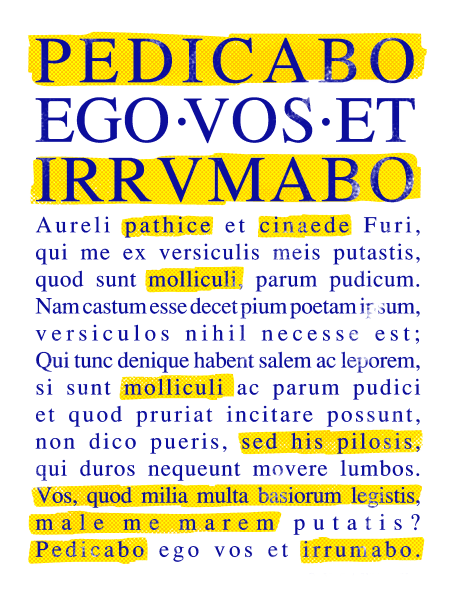Lesbian Dictionary Greek
How to say lesbian in Greek
Below are the words of our Greek Lesbian Dictionary that we will expand in new editions. If you know any more, please, contact us. But first some information about the language and where it is spoken.
Greek is an official language of Greece and Cyprus, belonging to the Indo-European family spoken by about fifteen million people.
In Greece, homosexual behavior between men was legal as of 1950 (between women was never prohibited) and the age of consent was equal in 2015. They have anti-discrimination laws and against hate speech (2014) and in 2015 they approved the civil union but not homoparental adoption. At the beginning of the century, society had a negative view of sexual diversity, but today that homophobia is being diluted although it persists in the political class. In Greece there is a lot of activism, culture and LGBT business and pride has been celebrated since 2005, currently in several greece cities.
In our this lesbian dictionary highlights the reference to Sappho and tribadismo originating in Greece. See more details in our lesbian dictionary post.
- +
Dzividzilú (Τζιβιτζιλού)
The era of homosexuality as a crime has left us with a lot of words and expressions of the jargons that emerged from the underworld of the big cities, as the Polari in the United Kingdom, the Lubunca in Turkey and, the case in point, the Greek expression Dzividzilú (Τζιβιτζιλού) used to name in a derogatory way to lesbians in the Karlianta jargon, whose origins go back to the 17th century.
+Sapfídha (Σαπφίδα)
The Greek word Sapfídha (Σαπφίδα), whose translation into the English language is Sapphic, is a term used to name lesbian people in the same way as the expression sapphism is used to refer to lesbianism. The term Sapfídha was originated from the name of a famous woman, the poet Sappho from Mytilene, also known as Sappho of Lesbos since she lived on that Greek island between the 650/610 and 580 B.C. Only fragments of his work and some poems are preserved, especially by the echo of her works made by later authors. Unlike other poets, Sappho focused his work on the sensitivity, the beauty, and her inner world. The fact that she belonged to an institution that preparing girls for marriage and thereafter, she founded House of the Servants of the Muses, where her disciples learn to recite poetry, singing, and to make wreaths and flower pendant, makes to deduct from his poems that Sappho fell in love with her disciples and maintained relations with many of them. However, despite the few data we have about his life and the controversy over the object of his poems, she has become a symbol of the love between women, which moves between myth and reality.
+Trivádha (Τριβάδα)
The Greek word Trivádha (Τριβάδα), whose approximation to the English language is tribadism, comes from the verb “tríbein (τρίβειν)” which means to rub, and making explicit reference to lesbian sex, in ancient Greece it was used to name the women who rubbed their genitals with those of another woman, without it being clear to us, for the moment, what was the context of the rubbing, whether it was for personal delight of those involved or was for the visual delight of men.
See: Tribada in the Spanish Lesbian Dictionary.







Can you help us with this dictionary?
You can do it in two ways, sending an email with some words you know, and also, spreading our work on your social networks.
Share it!